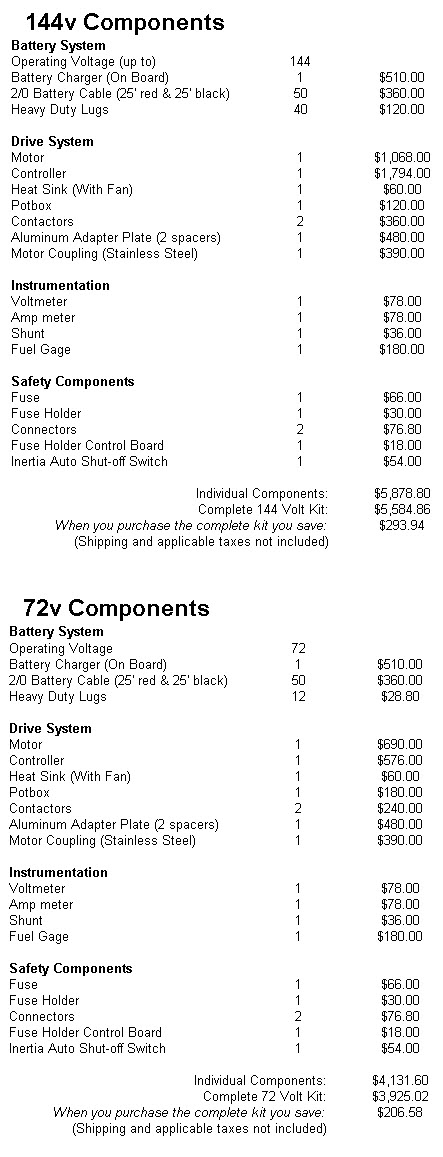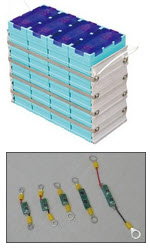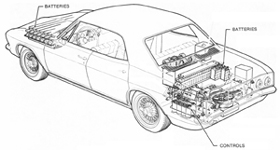What We Do
Our Services
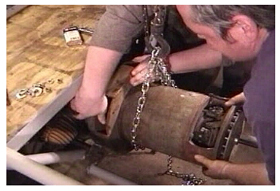
We have a fully equipped shop ready to tackle any conversion project large or small. Conversion options start at 72 volts for small, lightweight vehicles. Our top of the line, high performance, conversion is based on a 144 volt system which includes a minimum 20 horsepower motor, controller, battery pack, charger, various safety devices, gauges, and miscellaneous parts.
Please keep in mind that depending on the condition of the donor car - resolving additional mechanical problems, to ensure safe operation, is extra.
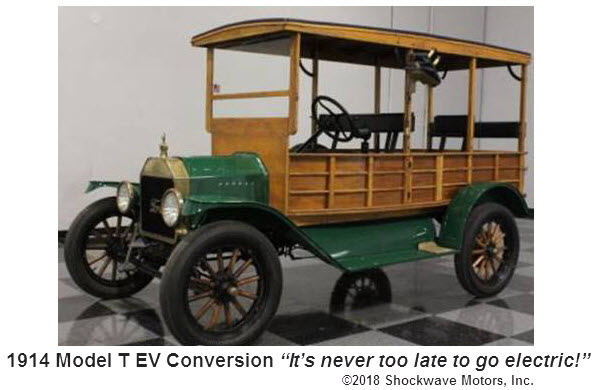
Check out some our past conversion projects.
Reality Check
It's often claimed that any car can be converted to electric power; however, generally speaking, there are a few key points to keep in mind. Your donor vehicle (the car you want to convert) should be a compact or mid-sized. A Honda Civic or Toyota Camry, from the mid-90's and newer, make excellent conversions. Kit cars, because of their light weight fiberglass bodies, provide superior performance.
Also, while it may be technically possible to convert a car with an automatic transmission, we don't recommend it. The automatic transmission must be kept "running" at about 500 revolutions per minute (RPM) and this is very inefficient. Additionally, the shift points in an automatic transmission are not optimum for an electric motor. We can remove the automatic transmission and install a manual transmission.

"How fast and how far?", are two often asked questions. The less than satisfying answer is, "It depends." While a typical conversion (using lead-acid batteries) can be made to go as fast as 75 or 80 miles per hour (MPH) and as far as 50 to 60 miles on a charge - they can't do both at the same time! As the speed of a vehicle increases above about 45 MPH, the power demands on the motor and battery increase dramatically and the range goes down accordingly. Much greater range can be achieved if daytime charging is also used. (With every conversion, we include driving tips to improve range.)
The good news is, even a standard conversion can easily have a daily range of 80 to 100 miles and is able to satisfy over 95% of our daily commuting needs!

